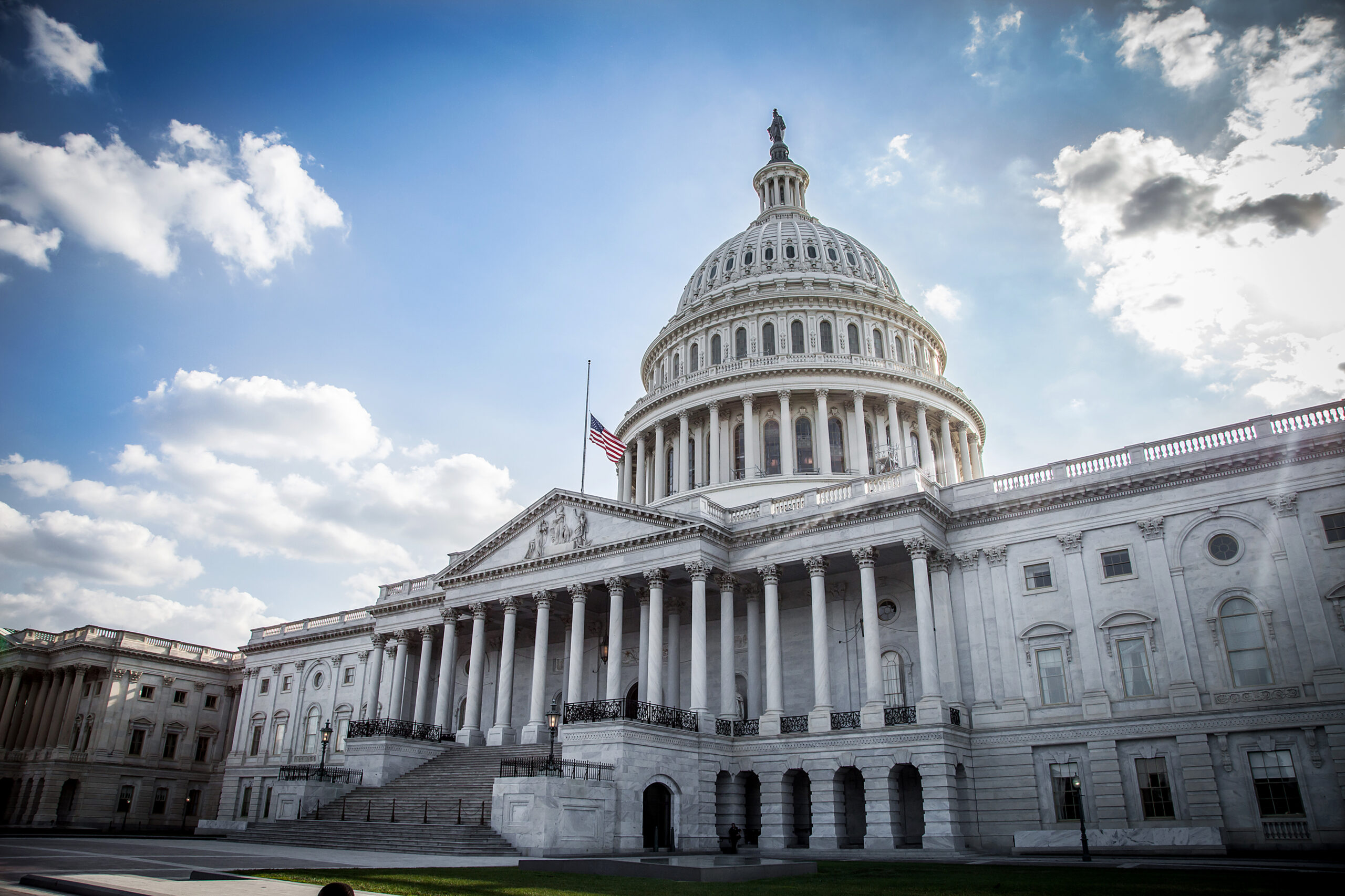Connect with us
Published
2 months agoon

While President Joe Biden has regularly touted his federal cannabis reform efforts throughout his presidency, most recently in last week’s State of the Union address, his recently issued budget plan weaves a different narrative—at least when it comes to Washington, D.C. and its ability to enact cannabis sales.
The District’s voters overwhelmingly approved Initiative 71 in 2014, which legalized the possession and cultivation of up to two ounces of cannabis for adults over the age of 21. However, Congress has veto power over D.C.’s laws and has regularly maintained a provision keeping the capital from using its tax money to legalize cannabis sales.
With the recent Fiscal Year 2025 budget request, which was sent to Congress on Monday, it marks the fourth consecutive year that Biden has maintained the rider keeping the District from making its own moves in regard to cannabis, as reported by Marijuana Moment.
It also marks a full decade that Washington, D.C. has not enjoyed full autonomy over its cannabis policies and market. In the meantime, lawmakers have enacted workarounds like allowing residents to self-certify as medical cannabis patients.
Still, cannabis sales in D.C. don’t seem to be in an ideal spot with the latest data from the Alcoholic Beverage Control Authority showing that sales from legal dispensaries are at their lowest level in four years. From January 2023 to January 2024, there was a $1 million difference in sales, and there were also 1,500 fewer patients served.
Additionally, the number of patients from other nearby states has decreased over time, potentially as these states introduce their own reform measures.
All the while, D.C. is moving some businesses from a loosely regulated cannabis “gifting” market to the legal medical system, according to Green Market Report. Of the hundreds of gifting stores operating in the city, 76 stores have applied to become legal dispensaries with 26 receiving placards— he first step to transitioning to a legal medical dispensary. Though, local community groups are still able to object to their application throughout this process.
Those businesses that are not making the effort to become legal now face an increased risk of getting warnings, fined, or potentially being shut down.
As a bit of a silver lining, the latest budget request has maintained a longstanding rider to prevent the Justice Department and the Drug Enforcement Administration (DEA) from using federal funds to interfere with state-implemented medical cannabis programs. It also proposes that riders remain intact to safeguard the legal hemp industry from federal intervention.
Additionally, the budget request looks to change the name of the Substance Abuse and Mental Health Services Administration (SAMHSA) and similar federal drug agencies, replacing the word “abuse” with “use” in an effort to “reduce the historic stigma,” according to SAMHSA.
When it comes to cannabis policy provisions, the recent budget proposal remains largely unchanged compared to last year.
Given the president’s continuous assertions surrounding his apparent action surrounding cannabis, many advocates hoped this may finally be the year that saw the ongoing rider fall.
“Keep building public trust, as I’ve been doing by taking executive action on police reform, and calling for it to be the law of the land, directing my Cabinet to review the federal classification of marijuana, and expunging thousands of convictions for mere possession, because no one should be jailed for using or possessing marijuana,” Biden said at the State of the Union address.
He also posted his familiar refrain on X, “No one should be jailed just for using or possessing marijuana.” It was ultimately met with responses from people who pushed for real expungements, instead of the wave of pardons to people with minor cannabis convictions Biden previously issued—actions that were largely symbolic.
The pardons acted as formal messages of formal forgiveness, though they did nothing to actually expunge criminal records. Even those who applied for certificates through the Justice Department, acting as physical evidence of the clemency, are reminded that the action does not change their criminal record.
On X, president of The Weldon Project and recipient of a pardon under the Trump administration Weldon Angelos corrected Biden:
“Nobody goes to jail for use or simple possession. But those imprisoned federally for marijuana felonies shouldn’t be forced to serve out the remainder of their decades long sentences either so please commute their sentences as you promised when you were running for president.”
Despite this uneven record on cannabis—and remaining questions surrounding the true long-term reform impacts of moving cannabis from Schedule I to Schedule III—a recent survey found that Biden could see an 11% boost in favorability if the DEA decides to recategorize cannabis.


Study Reveals State Cannabis Legalization Lowers Immigrant Deportation


DEA Challenges Bid To Use Psilocybin Under ‘Right To Try’ Legislation


Vegans Rejoice as Farmers Switch from Chickens to Hemp


Louisiana Legislative Committee Unanimously Passes Adult-Use Cannabis Framework Bill


Louisiana House Bill to Regulate Hemp Products Advances Along With Senate Bill to Ban


Cresco Labs Workers Reportedly De-Unionize
